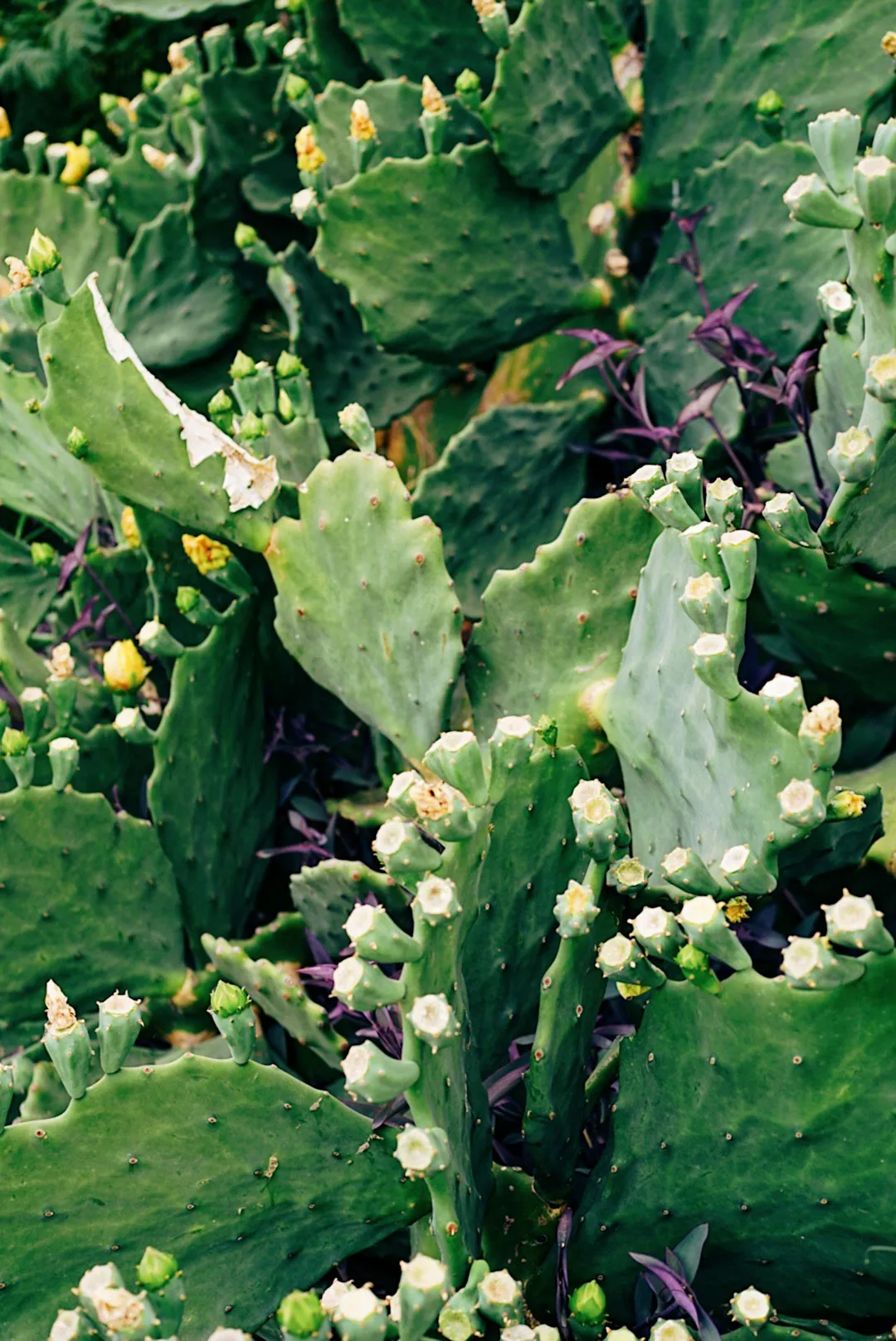
When it comes to gardening, chipmunks can be a real nuisance. These small, furry creatures may look cute, but they can cause significant damage to your plants. If you're tired of seeing your carefully cultivated garden being destroyed by chipmunks, it's time to take action. In this article, we'll explore some natural pest control tips to help you get rid of chipmunks and protect your plants.
First, let's understand why chipmunks are attracted to your garden in the first place. Chipmunks are primarily interested in two things: food and shelter. Your garden provides them with an abundant supply of both. They love to munch on seeds, bulbs, fruits, and vegetables, and they also look for places to build their nests. By removing the things that attract them, you can make your garden less appealing to chipmunks.
One of the most effective ways to deter chipmunks is to remove their food sources. Start by cleaning up any fallen fruits, nuts, or seeds from the ground. These are like a buffet for chipmunks, so keeping your garden clean will make it less attractive to them. Also, make sure to store your birdseed in sealed containers. Bird feeders can be a major draw for chipmunks, so if you have one, consider using a feeder that is designed to keep squirrels and chipmunks out. Another option is to place the feeder on a pole that is at least 5 feet high and 4 feet away from any trees or structures that a chipmunk could climb.
When it comes to your plants, try to choose varieties that are less appealing to chipmunks. Some plants, such as daffodils, alliums, and hyacinths, are known to be unpalatable to chipmunks. You can also plant these around the perimeter of your garden to create a natural barrier. Additionally, consider using raised beds for your vegetables. Chipmunks have a harder time accessing plants in raised beds, and you can also cover the beds with netting or chicken wire to further protect your crops.
Chipmunks like to hide in tall grass, shrubs, and piles of leaves. By keeping your garden well - maintained, you can reduce the places where they can take shelter. Trim your shrubs regularly and keep the grass short. Remove any piles of leaves or debris from your yard, as these can provide cozy nesting spots for chipmunks. You can also create a barrier around your garden using rocks or gravel. Chipmunks don't like to walk on these rough surfaces, so it can help keep them out.
Another way to make your garden less inviting is to use natural repellents. There are several scents that chipmunks find unpleasant. For example, you can sprinkle cayenne pepper or garlic powder around your plants. The strong smell will deter chipmunks from coming near. You can also make a homemade spray using garlic and water. Simply blend a few cloves of garlic with water, strain the mixture, and then spray it on your plants. Reapply the spray after it rains or every few days to keep the scent strong.
If you have a serious chipmunk problem, you may need to use traps. Live traps are a humane option. You can bait the traps with peanut butter, sunflower seeds, or other foods that chipmunks like. Once you catch a chipmunk, release it at least 5 miles away from your home to ensure it doesn't come back. Make sure to check the traps regularly, especially during hot weather, to avoid causing unnecessary stress to the trapped animals.
It's important to note that when using traps, you should follow all local laws and regulations. In some areas, there may be restrictions on trapping and relocating wildlife. If you're unsure, it's a good idea to contact your local wildlife agency for guidance.
There are several natural predators of chipmunks that you can encourage to visit your garden. Birds of prey, such as hawks and owls, will hunt chipmunks. You can install a birdhouse or a perch for these birds in your yard. Cats are also effective hunters of chipmunks. If you have a cat, let it roam around your garden (under supervision, of course). However, be aware that cats can also cause damage to your plants, so you'll need to find a balance.
By implementing these natural pest control tips, you can get rid of chipmunks and protect your garden. Remember, it may take some time and effort, but with consistency, you can create a chipmunk - free environment for your plants to thrive. Keep an eye on your garden and be prepared to adjust your strategies as needed. With a little patience, you'll be able to enjoy a beautiful, healthy garden without the interference of chipmunks.
In conclusion, dealing with chipmunks in your garden doesn't have to involve harsh chemicals or inhumane methods. By using these natural approaches, you can protect your plants while still maintaining a healthy and balanced ecosystem in your yard. So, roll up your sleeves and start making your garden a less appealing place for chipmunks today!
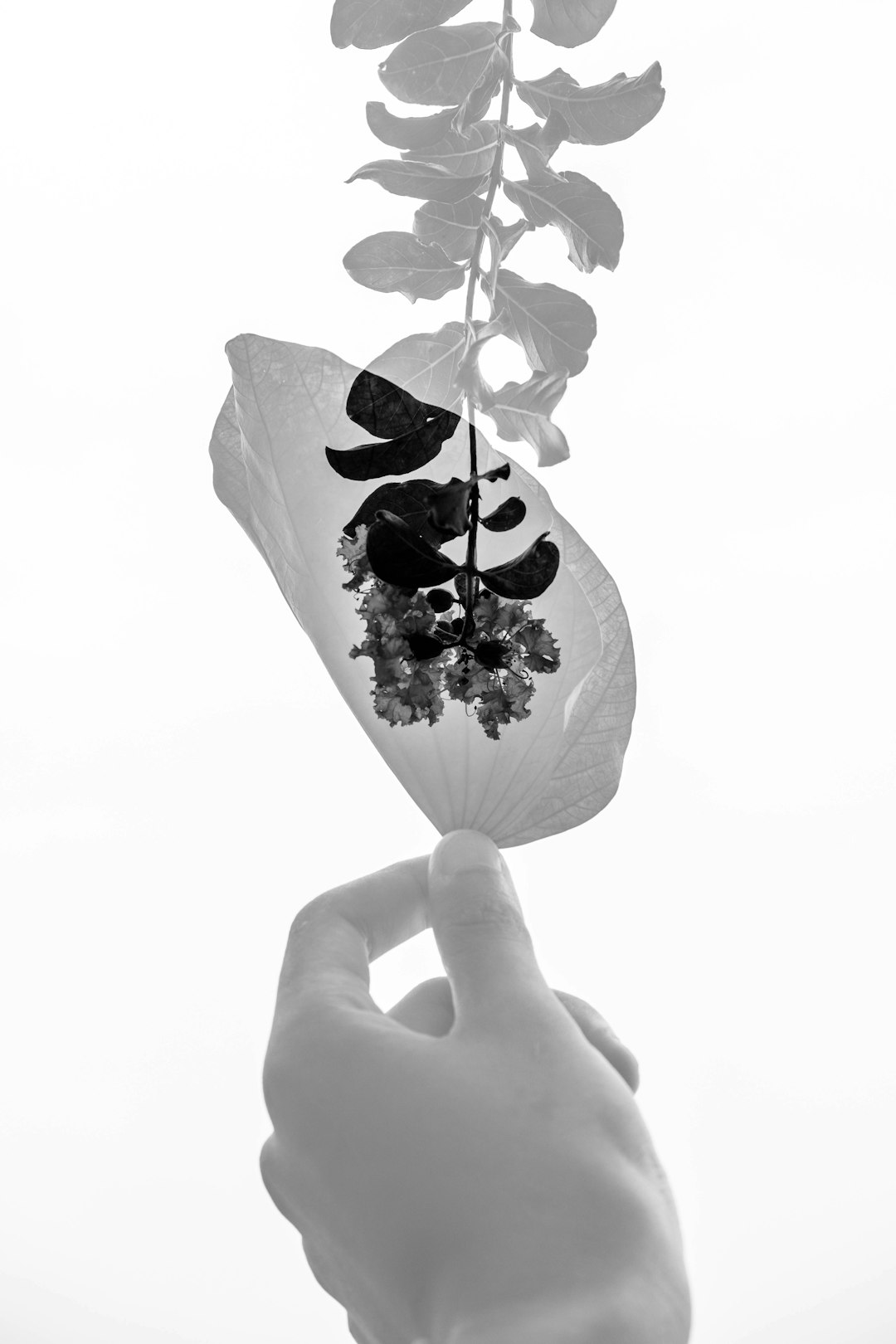
The Secret to Squirrel - Free Potted Plants
The Secret to Squirrel - Free Potted Plants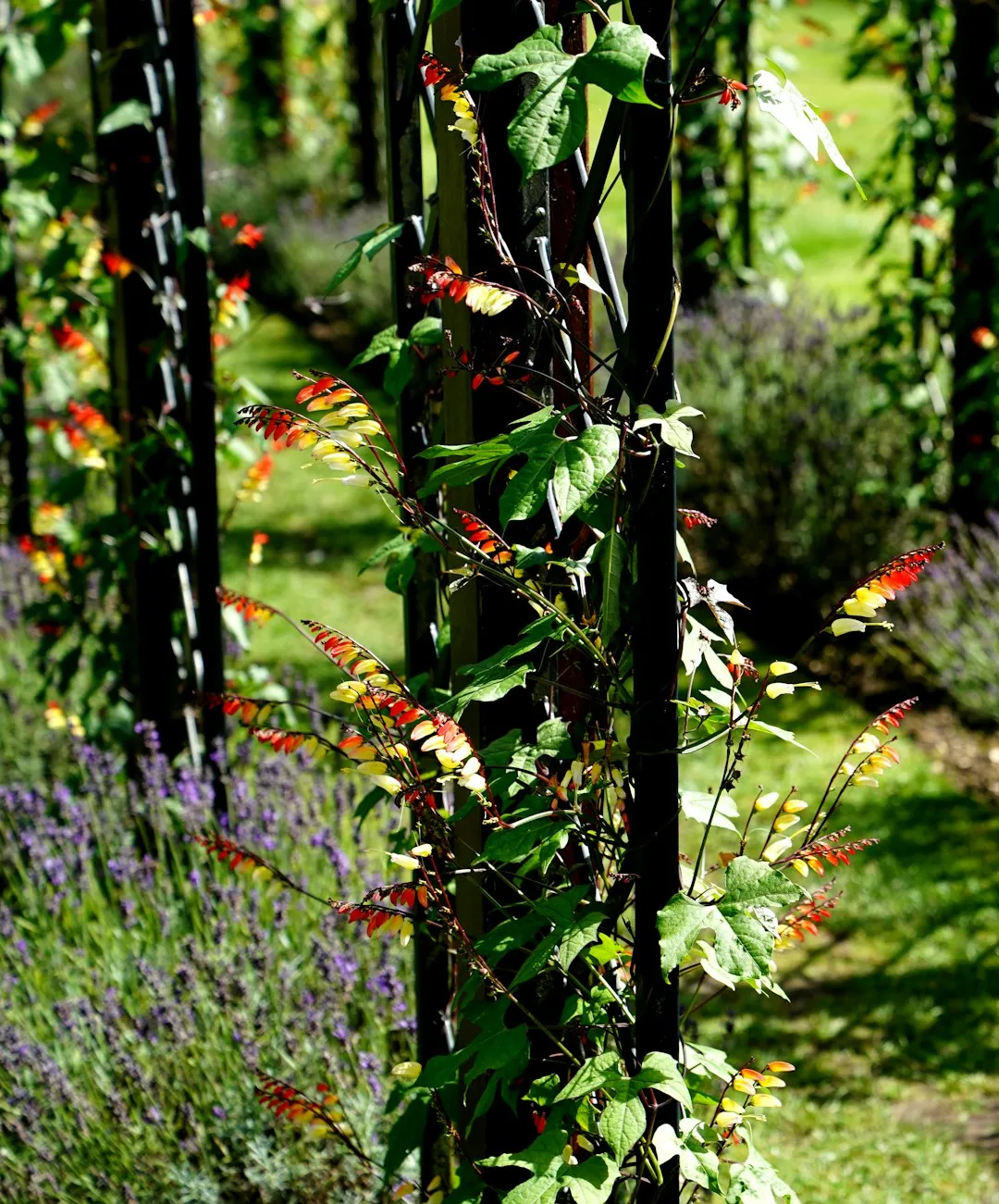
Sweet Rewards: Cultivating Berries in Containers
Sweet Rewards: Cultivating Berries in Containers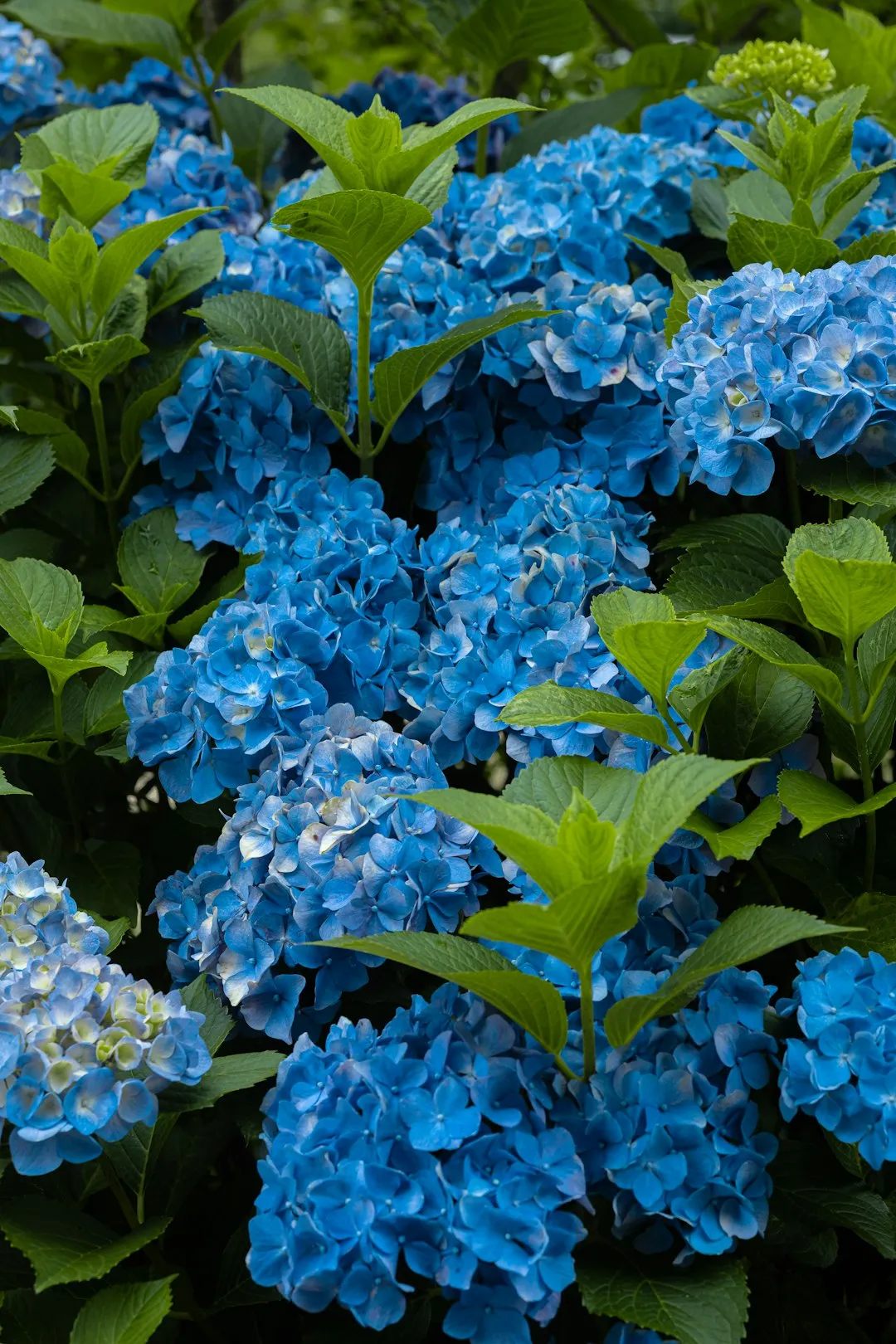
Unveiling the Secrets of a Stunning Lawn
Unveiling the Secrets of a Stunning Lawn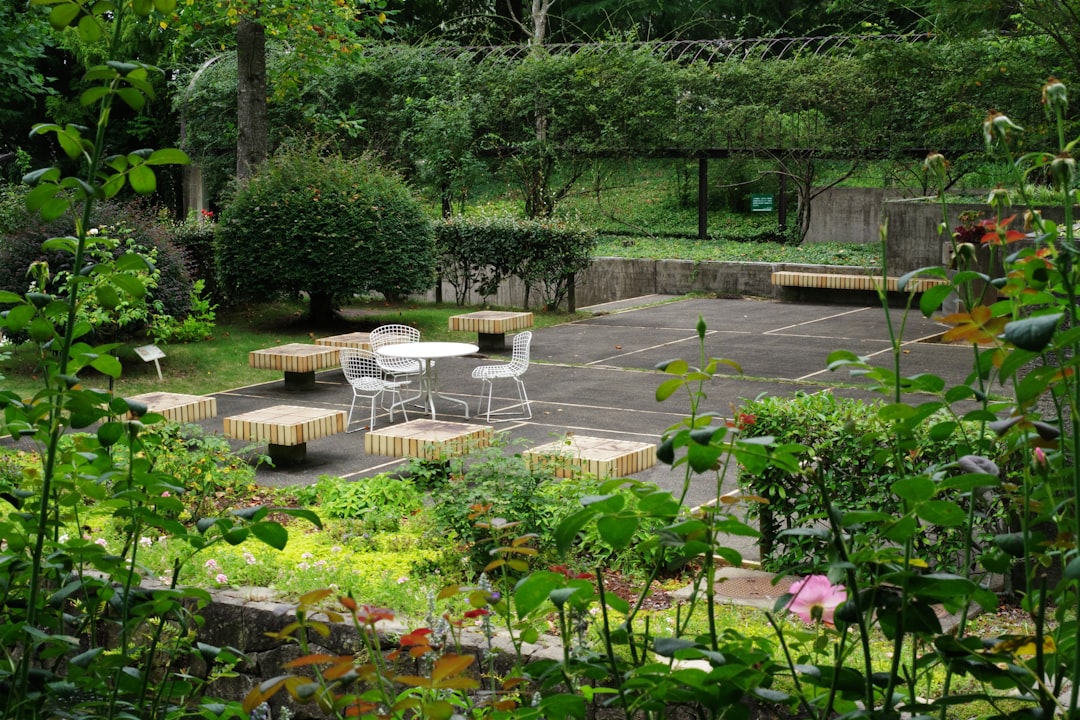
Fall Lawn Maintenance: The Key to a Healthy Yard in Winter
Fall Lawn Maintenance: The Key to a Healthy Yard in Winter
The Secret to Soil Amendment Without Uprooting Your Plants
The Secret to Soil Amendment Without Uprooting Your Plants
Unleash Your Garden's Potential: The Art of Seed Collection
Unleash Your Garden's Potential: The Art of Seed Collection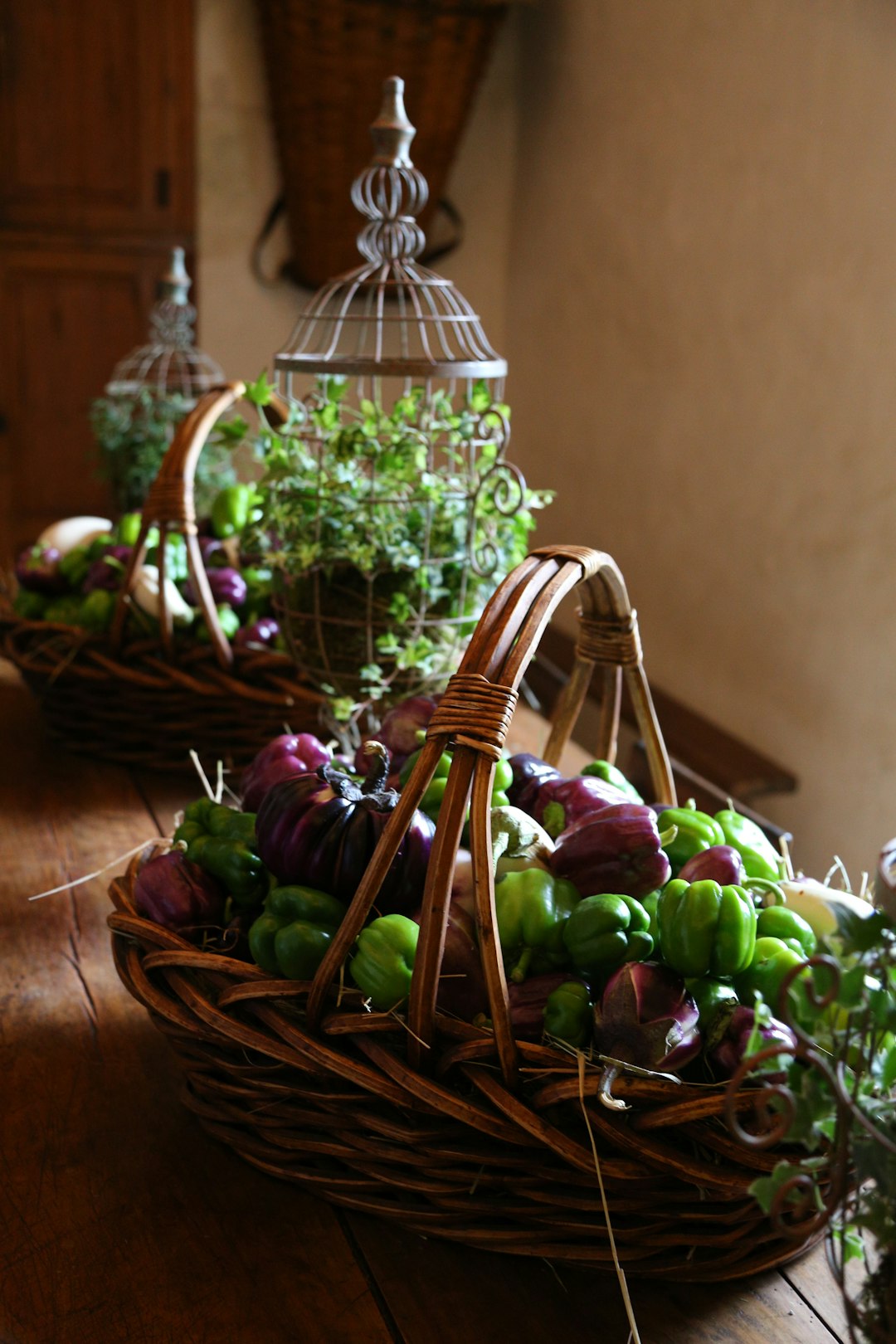
Pre - Summer Yard Care Essentials
Pre - Summer Yard Care Essentials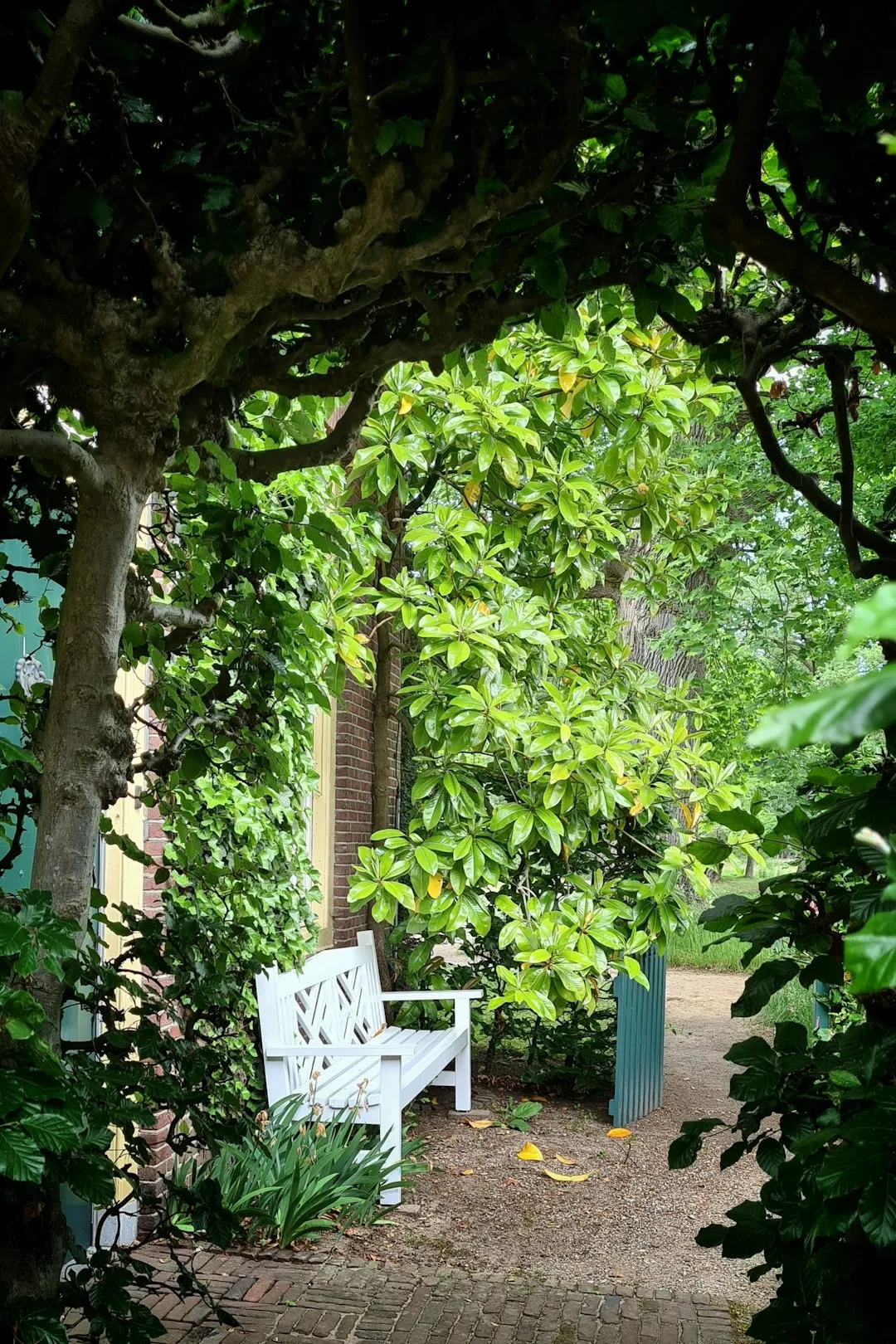
Weathering the Storm: Nurturing Your Garden in Extreme Conditions
Weathering the Storm: Nurturing Your Garden in Extreme Conditions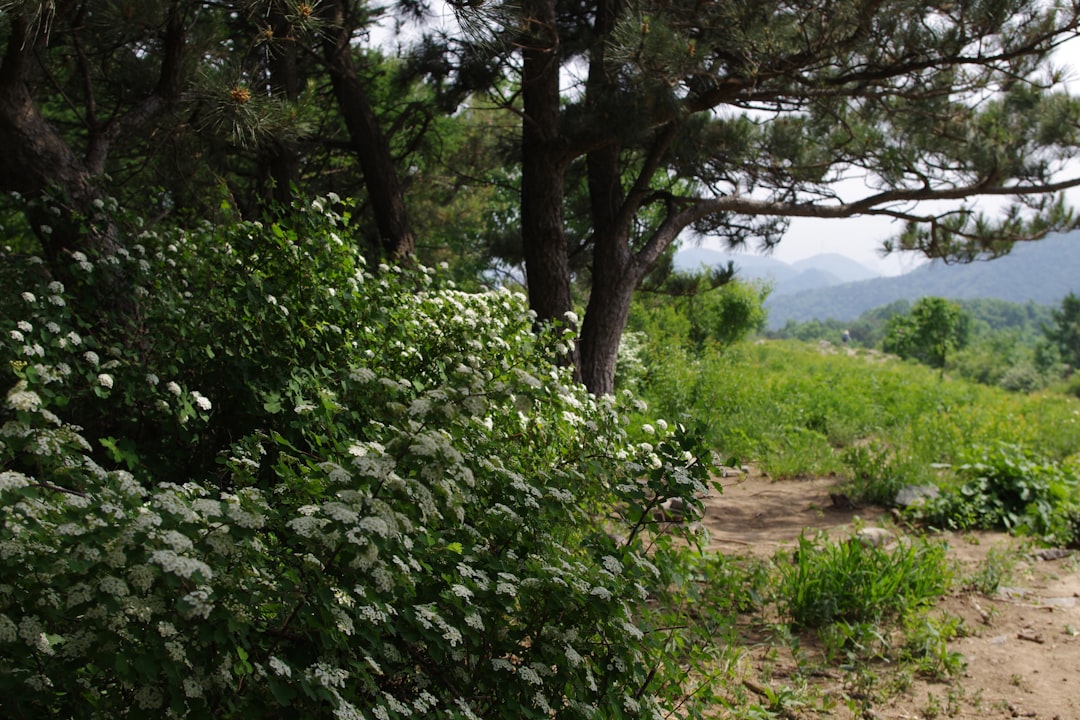
Summer Pruning: The 10 Flowering Plants to Leave Alone
Summer Pruning: The 10 Flowering Plants to Leave Alone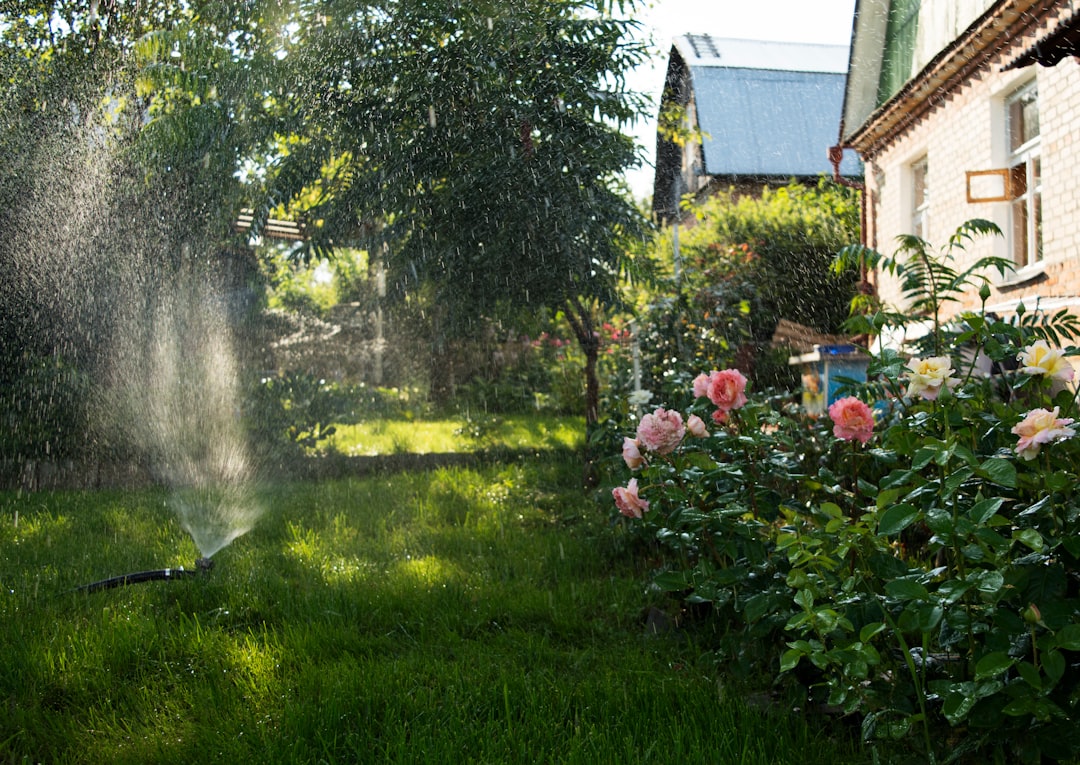
Unveiling the Hidden Gems of Perennial Gardening
Unveiling the Hidden Gems of Perennial Gardening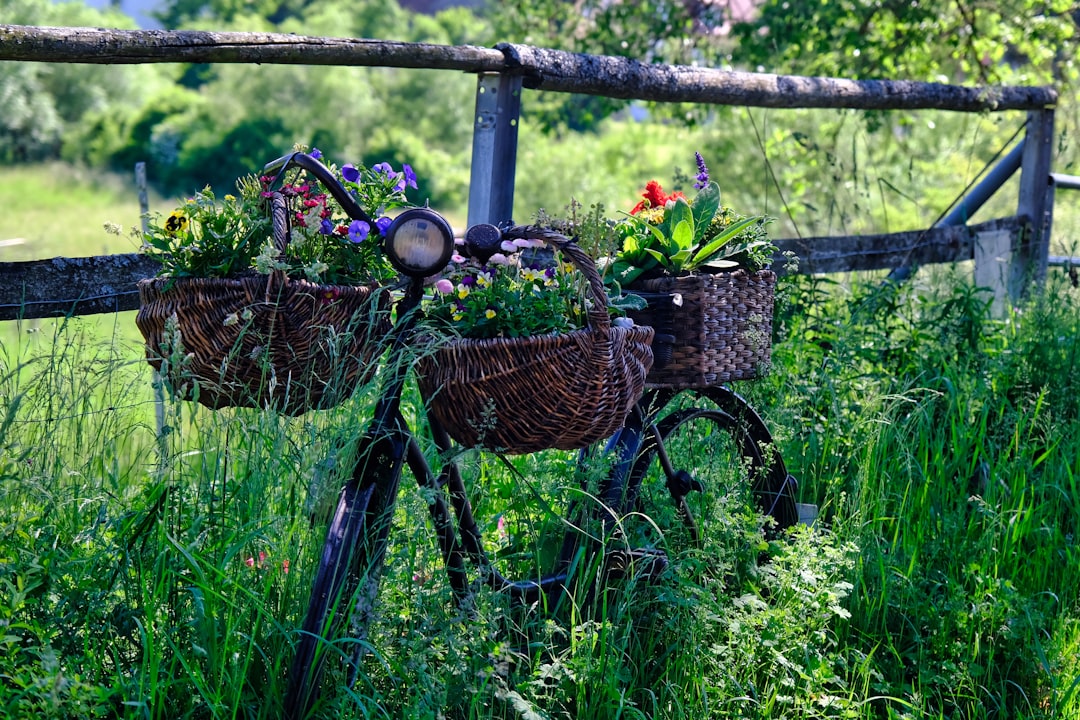
Unleashing the Beauty of Perennial Black - Eyed Susans in Your Garden
Unleashing the Beauty of Perennial Black - Eyed Susans in Your Garden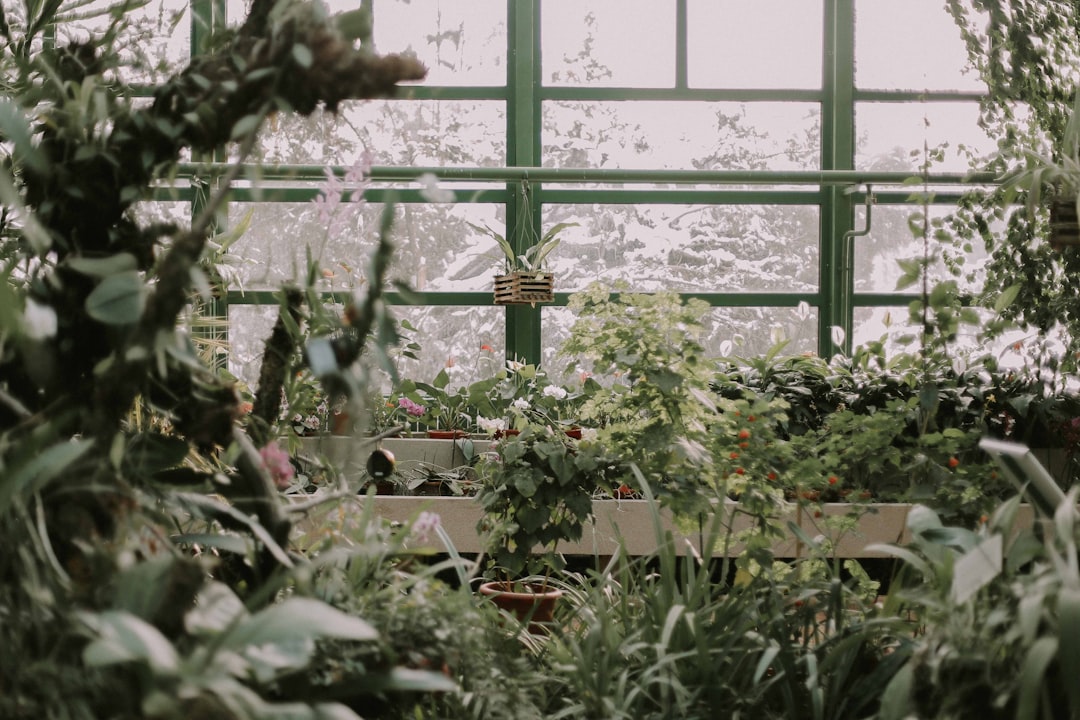
Unveiling the Secrets of Trillium Growth
Unveiling the Secrets of Trillium Growth
The All - Season Charm of Sedum Plants
The All - Season Charm of Sedum Plants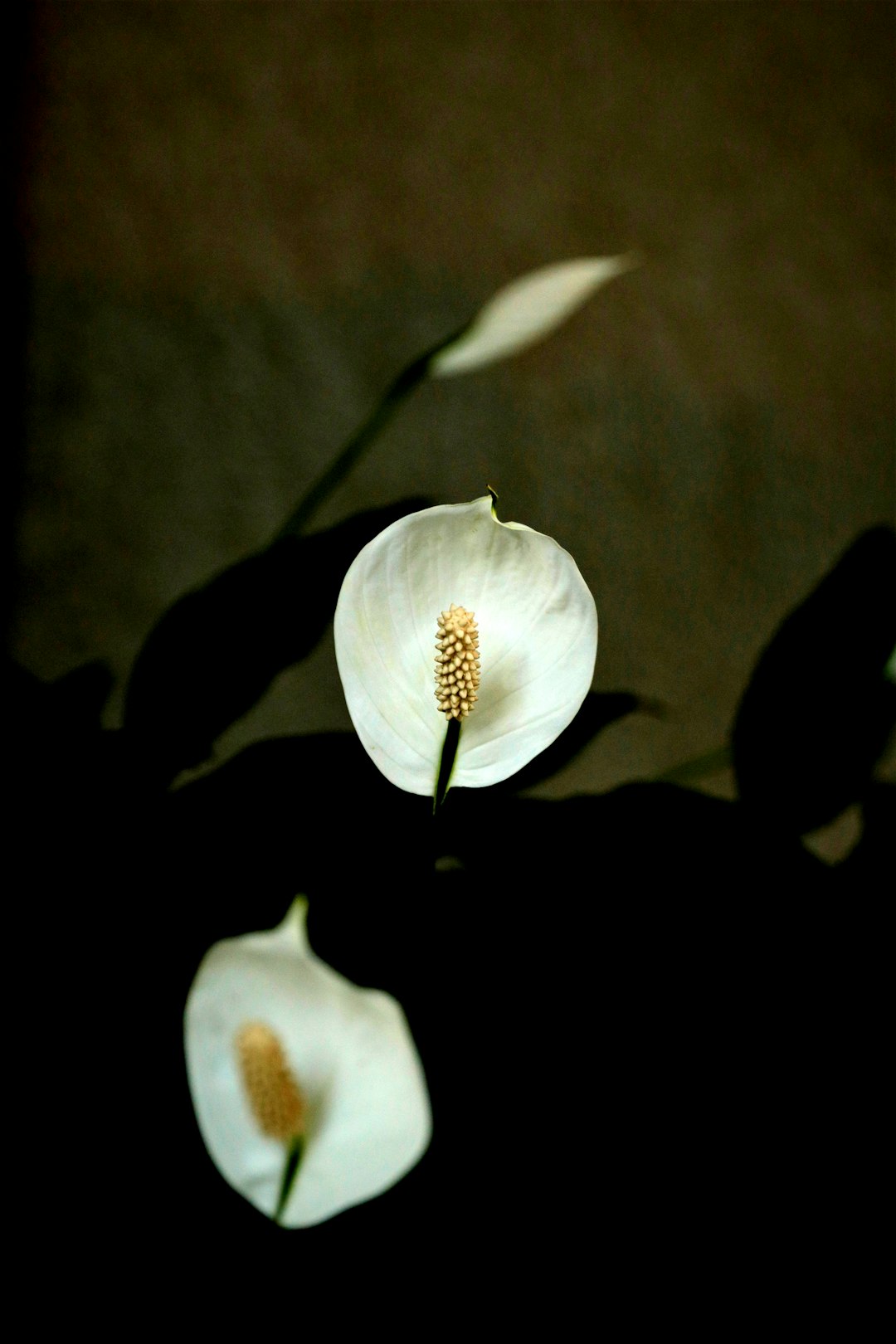
Banishing Snakes from Your Yard: Simple Solutions
Banishing Snakes from Your Yard: Simple Solutions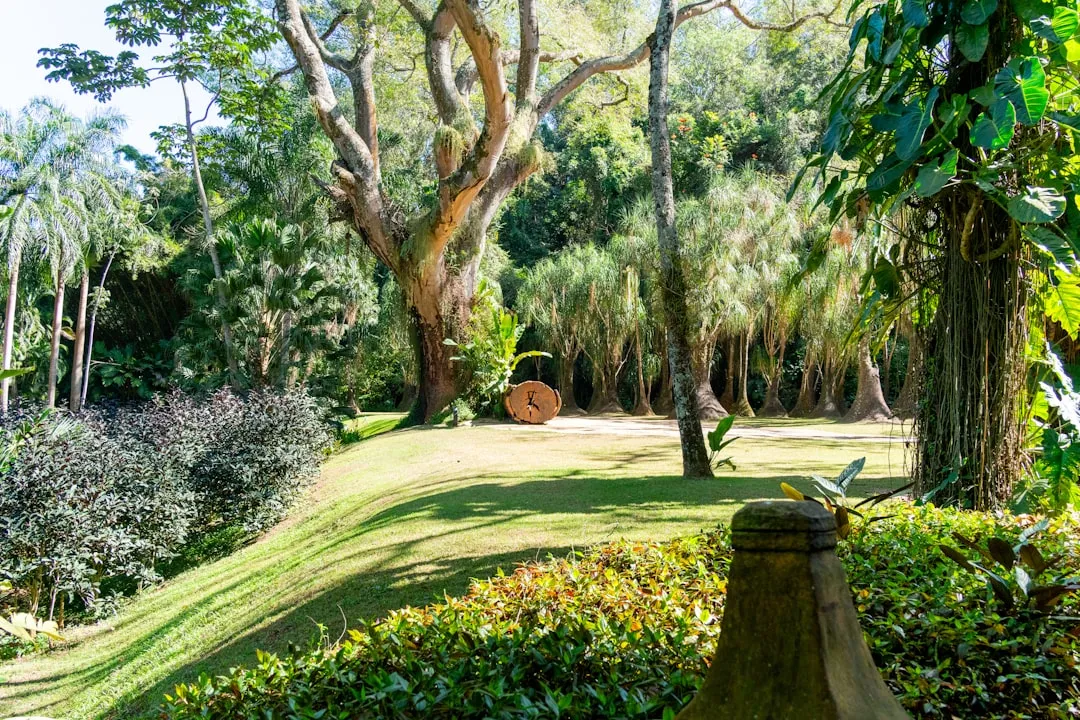
Secrets to a Bug - Free Garden: Conquering Squash Bugs Naturally
Secrets to a Bug - Free Garden: Conquering Squash Bugs Naturally
Transform Your Yard: Banish Crabgrass for Good
Transform Your Yard: Banish Crabgrass for Good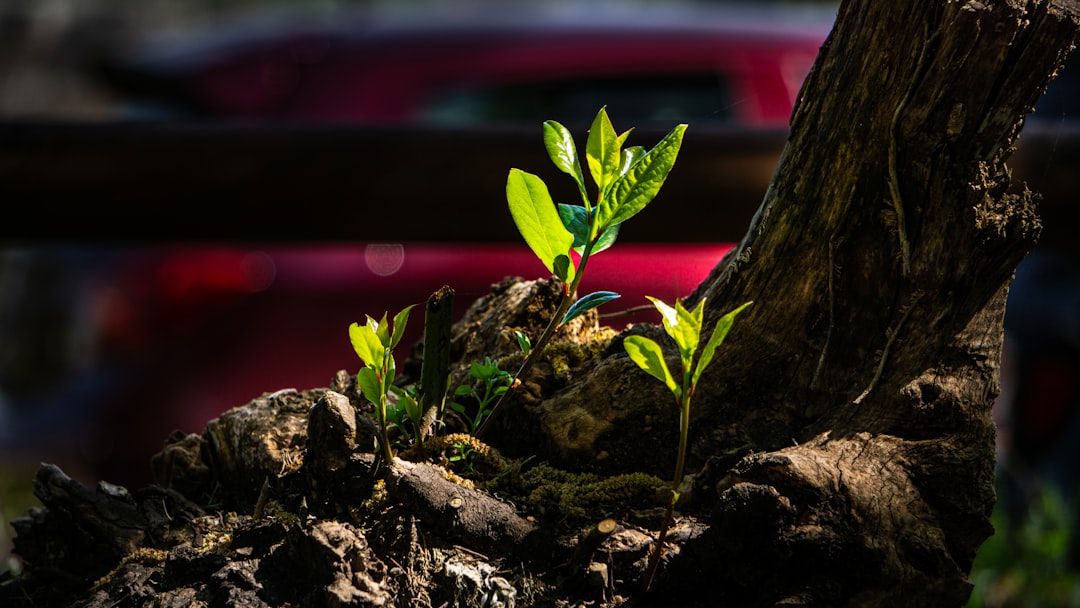
Unveiling the Wonders of a Low - Sun Garden
Unveiling the Wonders of a Low - Sun Garden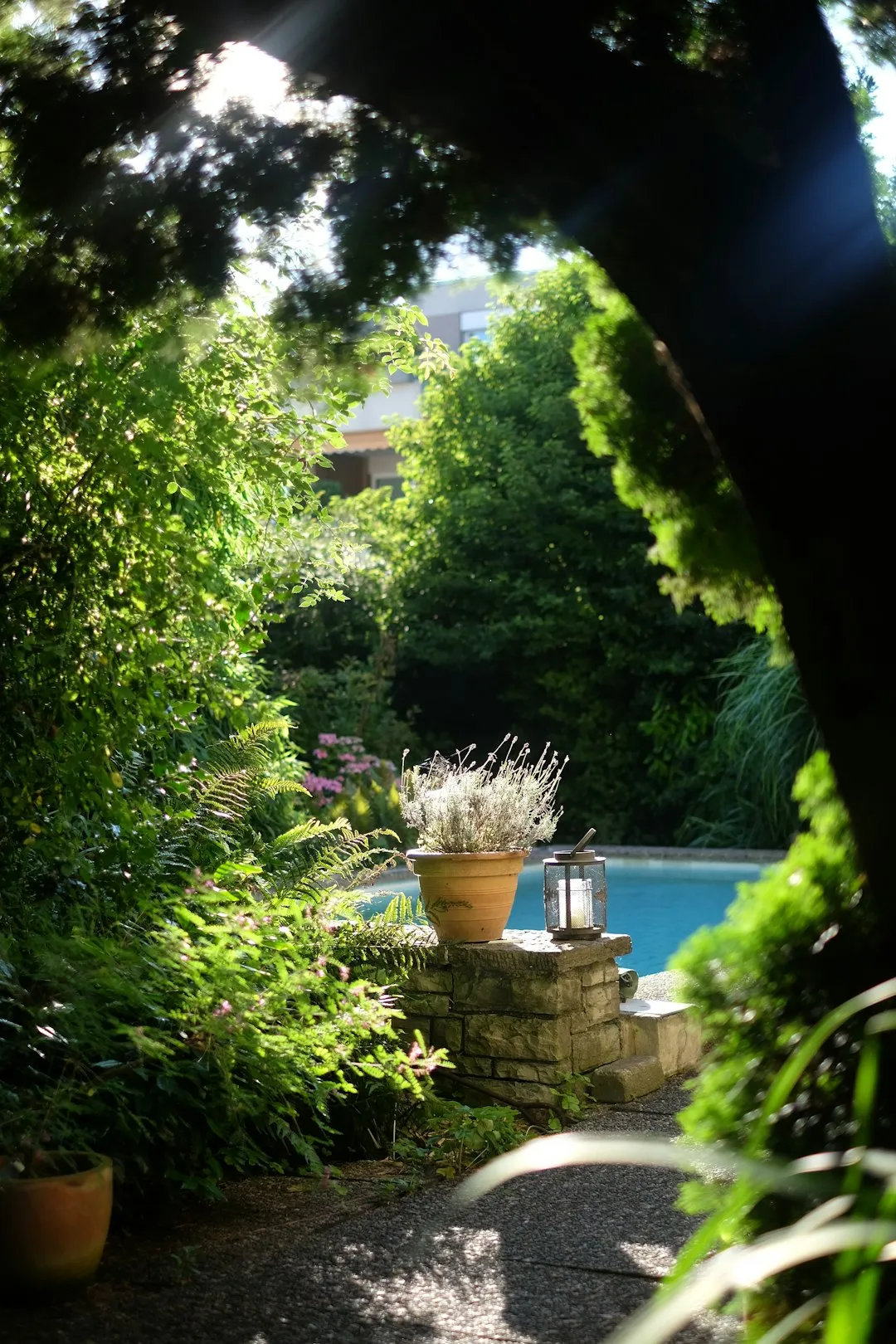
Unleash Your Garden's Potential: The Magic of Lasagna Gardening
Unleash Your Garden's Potential: The Magic of Lasagna Gardening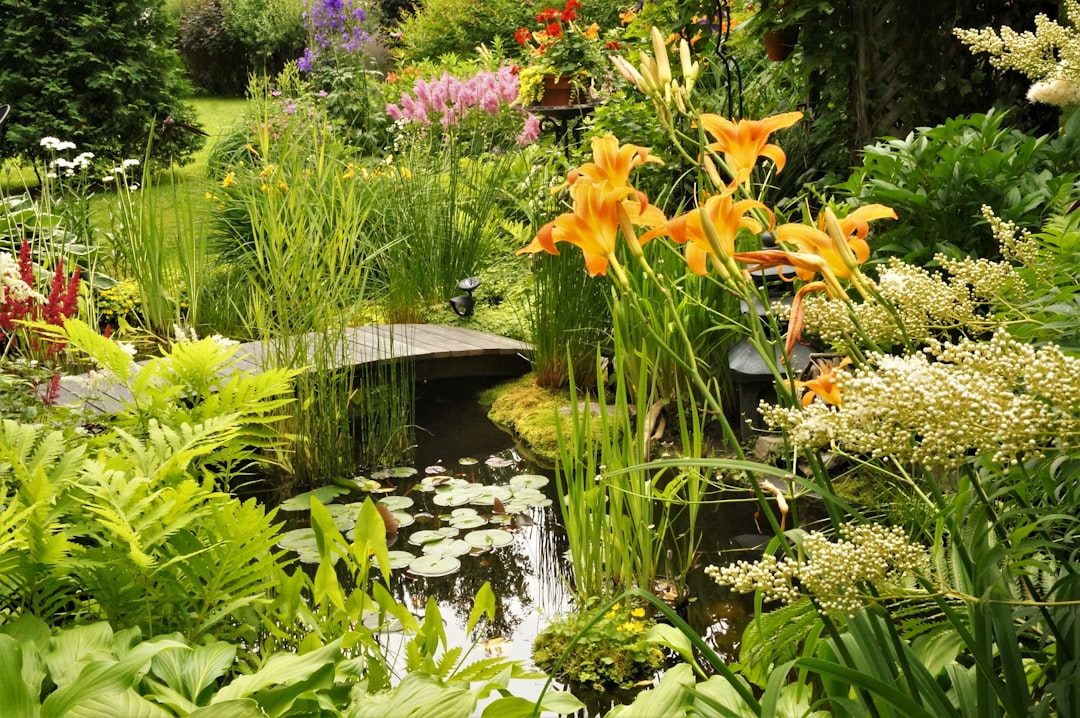
Unveiling the Mysteries of Lunar Gardening
Unveiling the Mysteries of Lunar Gardening
Unleash Your Inner Herbalist: A Guide to Indoor Herb Gardening
Unleash Your Inner Herbalist: A Guide to Indoor Herb Gardening